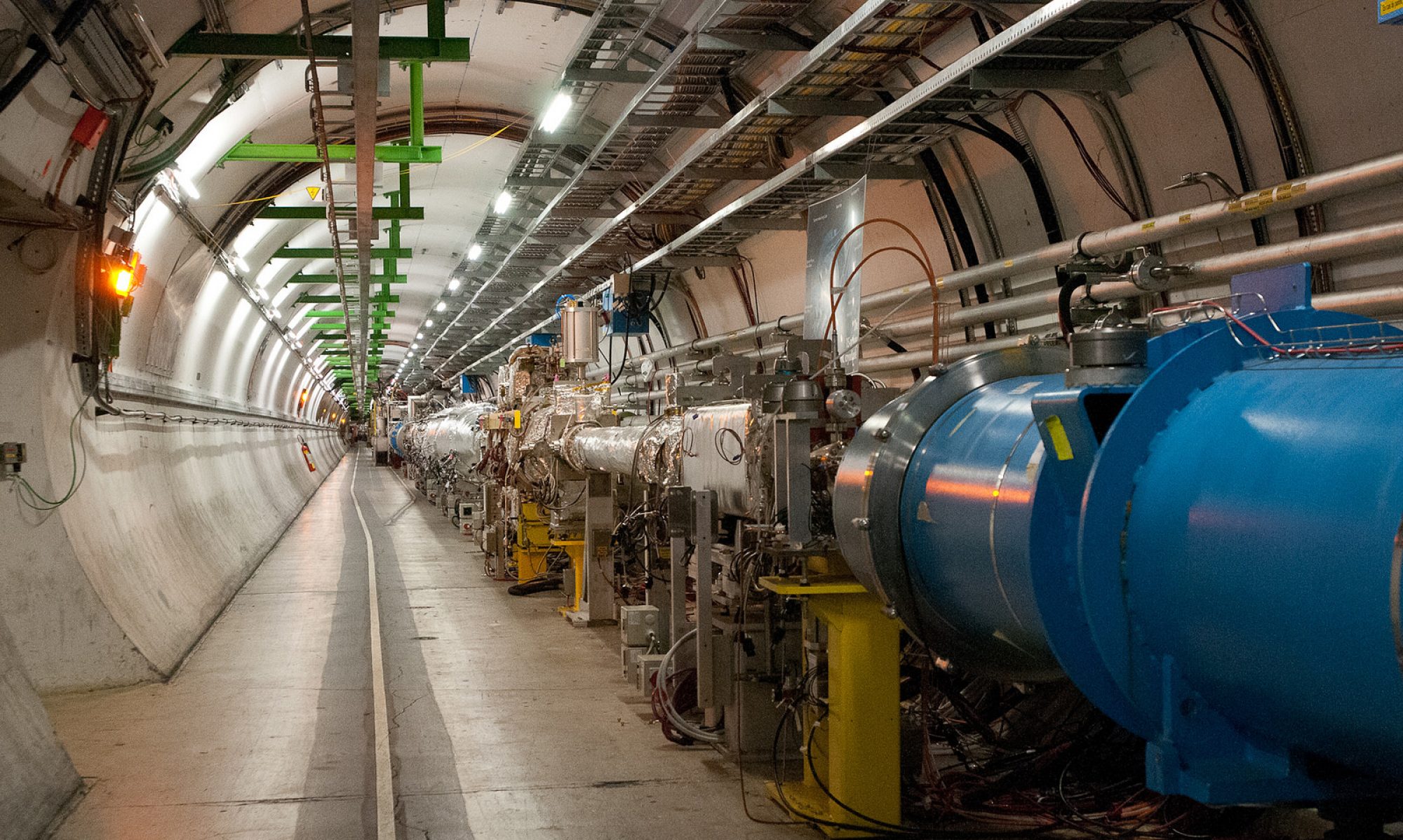As a member of the SLUO executive committee and co-chair of the Washington D.C. Trip subcommittee, I wanted to update people on the status of our annual trip to DC. There are currently 11 members of the team going to DC, representing diverse areas of the SLAC PPA user community: astronomy and astrophysics, collider physics, and neutrino physics. SLAC is part of a larger multi-team effort, representing users at SLAC and FNAL and in the US-LHC community. In total, there are about 45 people going, targeting about 220 Congressional offices.
Our focus will be the FY10 budget. FY09 is a done deal, and the stimulus is old news. Our focus is to keep up the effort in Congress to fund science as a priority, in the face of growing deficits and difficult political realities. We will communicate the nature and value of our work, its impact on districts, states, and the nation, and call for continued commitment to the doubling of the combined physical sciences budgets in NIST, NSF, and DOE as envisioned in the America COMPETES Act (ACA). The Congress authorized this doubling over 7 years, and the FY09 budget represented the first step in the commitment to that goal.
In the face of economic turmoil and competing political interests, we are eager to stress the power of curiosity-driven research to educate and train the next generation of leaders in science, technology, and many other areas of economic interest. We are excited to share a little about our work, hear what the Congress has to say – their fears, their concerns, their priorities – and continue a conversation that, we hope, will serve as a relationship between Congress and the science they fund.
The trip is April 28-May 1. If you have ideas or comments, you can send them to sluo.dc@gmail.com.
